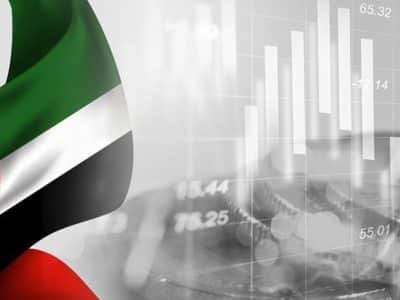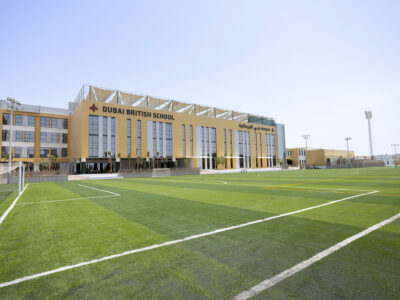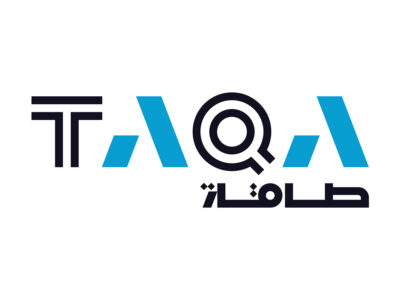Markets in the UAE ended slightly higher amid low volumes as investors remain cautious due to the economic uncertainty.“There is nothing to put them off but there is also nothing to motivate them … it’s like still water that needs stirring,” said Nadine Wehbe, senior market analyst at Orion Brokers.
Dubai developer Emaar Properties and construction firm Arabtec added the most points to the benchmark, gaining 1.03 percent and 5.81 percent respectively.
The index, the Gulf Arab’s worst performing bourse having lost more than 67 percent since the beginning of the year, closed up 0.19 percent at 1,929 points.
In Abu Dhabi, the benchmark ended 0.05 percent higher at 2,711 points after three consecutive trading sessions of lower closes.
First Gulf Bank and National Bank of Abu Dhabi added 5.94 percent and 1.45 percent.
The UAE central bank said on Tuesday it would not be cutting rates in response to the US Federal Reserve easing.
Qatar’s main index finished 1.22 percent down at 6,642 points, having closed higher for the past seven consecutive trading sessions.
“The selling pressure will have come from a bit of profit-taking…but there were strong buying orders coming through towards the end of the session,” said Samer al-Jaouni, general manager of Middle East Financial Brokerage Co.
Commercial Bank of Qatar and Doha Bank took the most points off the index, losing 3.23 percent and 5.39 percent respectively.
Industries Qatar, one of the stocks Jaouni said were being targeted in the last-minute buying orders, ended 1.3 percent higher.
Saudi Arabia’s main index ended 1.28 percent higher at 4,903 points, boosted by an interest rate cut from the kingdom’s central bank as well as news OPEC has cut output at its meeting in Algeria.
Saudi Basic Industries Corp and Al Rajhi Bank closed 1.72 percent and 1.28 percent higher respectively.
Kuwait’s benchmark ended 1.04 percent lower at 8,806 points, showing little reaction to an interest rate cut from the central bank as investors awaited the launch of a government fund designed to boost the sagging bourse.
Kuwait Finance House and Commercial Bank of Kuwait finished 1.12 percent and 1.64 percent lower respectively.
National Bank of Kuwait ended 1.33 percent lower, a day after it said it expected to profit to rise about 10 percent this year but would not meet its 2008 profit target of up to 330 million dinars ($1.2 billion) amid the global financial crisis.
Oman’s main index closed up 1.28 percent at 6,023 points as investor sentiment was boosted by expectations of an OPEC supply cut at the producer organisation’s meeting in Algeria.
The index had closed lower for the past five trading sessions.
“The market is optimistic about an OPEC supply cut helping to move prices up… People believe our market is strongly correlated with the oil price,” said Adel Nasr, local brokerage manager at United Securities.
Bank Muscat ended 5.71 percent higher, while National Bank of Oman rose 1.01 percent.
Nasr said investors were targeting Bank Muscat in the belief the stock will make some of the strongest gains in a market rebound, having suffered some of the sharpest losses as the Omani bourse was hit by the global financial turmoil.







